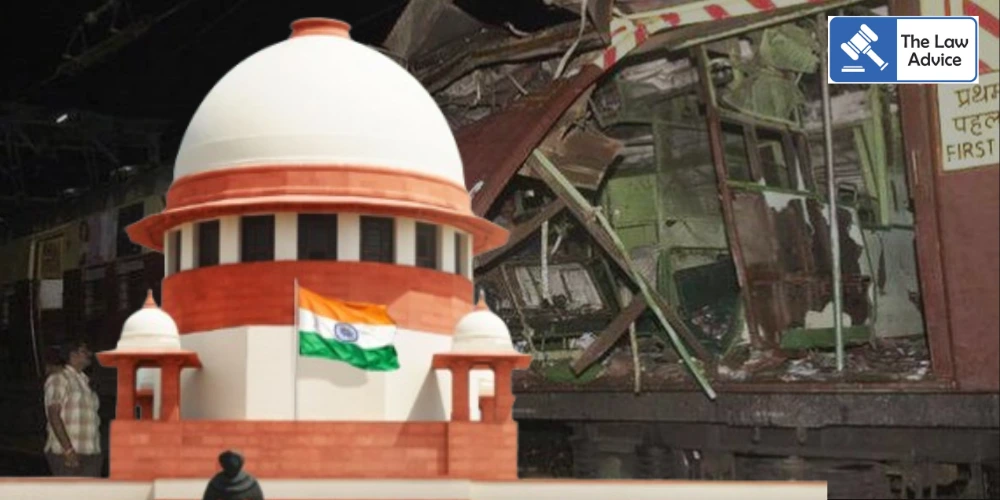Mumbai/New Delhi | July 22, 2025
In a move that could reignite one of the most haunting chapters of India’s urban terror history, the Maharashtra government has approached the Supreme Court challenging the Bombay High Court’s recent verdict that acquitted all 12 men convicted in the 2006 Mumbai train bombings.
Describing the High Court’s ruling as “legally unsustainable” and “deeply unsettling for victims and survivors,” the State has filed a Special Leave Petition (SLP) seeking the Supreme Court’s urgent intervention.
The Case That Shocked the Nation
On July 11, 2006, a series of coordinated bomb blasts ripped through seven Mumbai suburban trains, claiming 189 lives and injuring over 800 one of the most devastating terror attacks on Indian soil. Investigations had led to the arrest of 13 accused, and in 2015, a special MCOCA court convicted 12 of them awarding death sentences to five and life imprisonment to the rest.
The High Court Turnaround
However, in a stunning reversal this month, a Bombay High Court division bench comprising Justices Revati Mohite Dere and Gauri Godse overturned all convictions, citing multiple lapses:
• Weak forensic links between recovered explosives and the accused
• Inconsistent witness testimonies
• Lack of independent corroboration of confessions
• Improper handling of evidence, raising doubts about chain of custody
The judgment stunned survivors and led to public outcry from officials and citizens alike.
Maharashtra’s Stand: A Dangerous Precedent
The State government, represented by its legal team and top ATS officials, has now petitioned the Supreme Court to:
• Stay the High Court verdict
• Re-examine evidence accepted by the trial court
• Uphold the 2015 convictions that were based on prolonged investigations under the Maharashtra Control of Organised Crime Act (MCOCA)
“We owe it to the families of the victims. Justice must not only be done but also seen to be done,” said a senior Maharashtra government source, speaking on condition of anonymity.
What the Petition Argues
The appeal reportedly emphasizes:
• The circumstantial and direct evidence, ignored by the High Court
• That minor procedural lapses should not override the gravity of the crime
• That the judgment sets a troubling precedent for future terrorism-related trials
Families React With Cautious Hope
Many victims’ families expressed cautious relief that the state is not letting the matter rest.
“For years, we waited for justice. Now we wait again. But we hope the Supreme Court will hear our pain,” said a survivor who lost two family members in the blasts.
